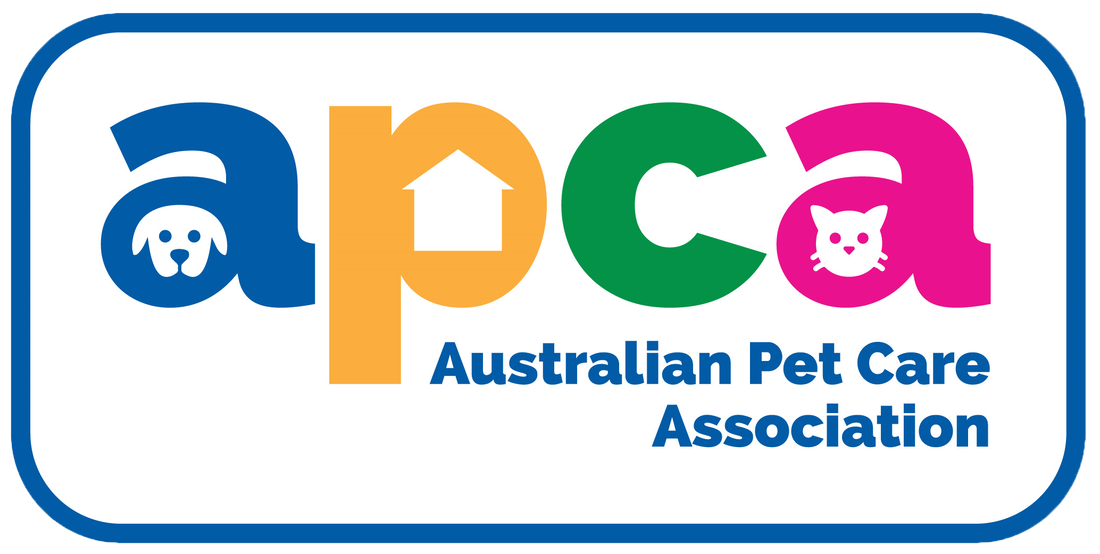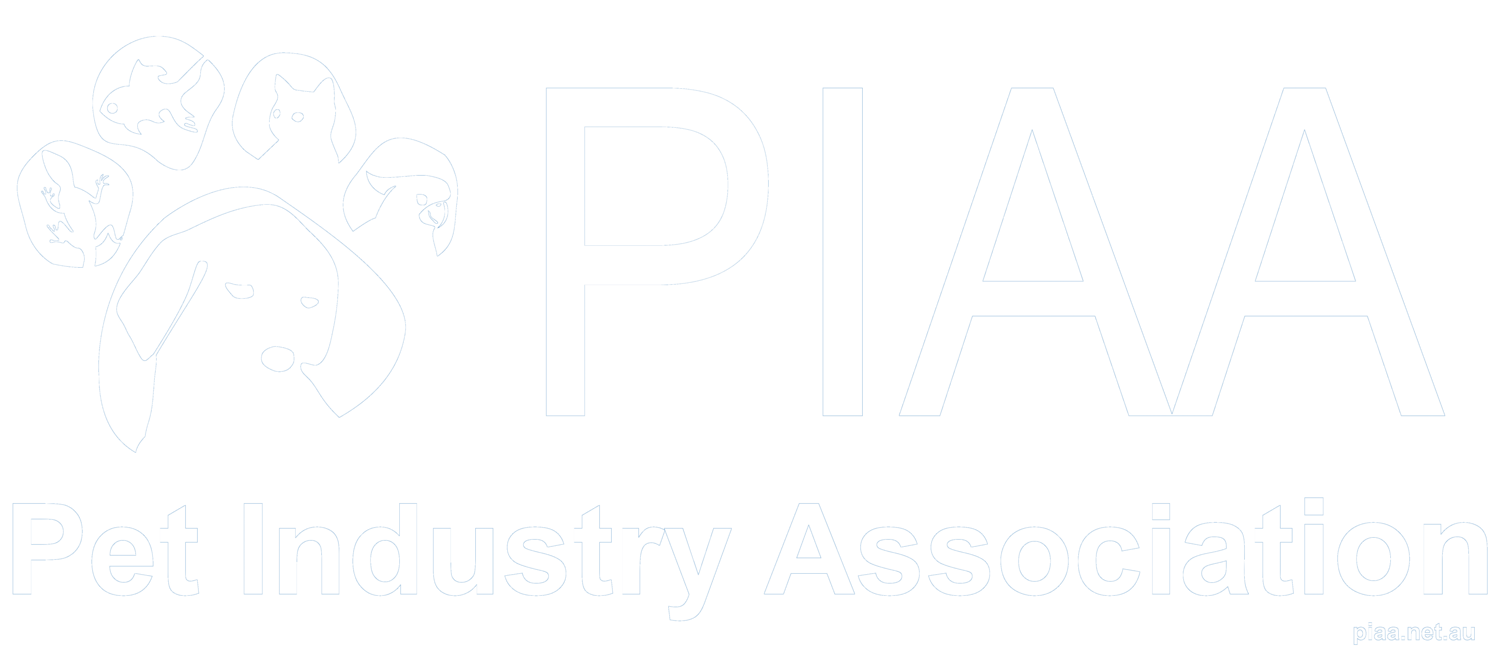|
The Bichon Frise’ (pronounced Bee-SHON Free-ZAY) is a small dog, and very similar looking to a Poodle. Whilst they are recognised as a French dog, the Bichon actually originated from Spain’s Canary Islands. They weren’t introduced into Australia until 1976 and the first litter was registered in March of 1977.
Bichon's are ancestors of the Barbet (Water Spaniel), which they were named after, originally referred to as Barbichon, and later shortened to just Bichon, which is French for “Lap Dog”. They spent many years as sailing dogs, keeping sailors company whilst at sea, however were used for bartering, where eventually they Bichon’s are small dogs, that weigh no more than 10kg, and stand at around 23 – 30cms tall. They are feisty (but not yappy) yet affectionate, playful but gentle, and cheerful yet sensitive. They have a curly white coat, (Bichon is French for curly), and dark round eyes and a little black nose. Whilst they are small, they are sturdy little dogs. Their coats whilst curly do not shed, so are great for those who suffer from allergies. Bichons are playful and love company; however, they do not need excessive exercise. They are friendly and get along well with other dogs and make for excellent guard dogs. The Bichon is notoriously difficult to house train, so it may take some time and patience to teach them where to toilet, however they are very competent and with time can be taught most things – being a breed that thrives in the show ring for both breed and trick competitions. Being a small dog with a big personality they are at risk of ‘little dog syndrome’ so thrive on having a calm, assertive pack leader. They love being part of the family however need their boundaries, otherwise can take over very quickly. With the right time and training, the Bichon Frise’ will quickly become a stable minded, loving, trust-worthy family member.
0 Comments
Are you getting into the festive spirit with some baking for the holidays? If so why not make some doggy friendly treats for our 4 legged friends too?! Popski, one of our December Dogs of the Month, thinks this recipe is paw licking good!
Holiday Chicken and Chedder Treats You will need
The Poodle is a dog believed to originate from Germany where they were known as “Pundelhund” meaning “splash in the water” dog. Whist the Standard Poodles are commonly known for their German origin, the smaller Toy Poodles became quite popular during the reign of Louis XVI. There are three different sizes of Poodles. First came the Standard Poodle, which were bred as a retriever, and were used for duck hunting. In the later years, they then went on to breed Miniature Poodles and Toy Poodles. It was believed that when breeding the Standard Poodle, they would only use the smallest of the litter to breed further blood lines, until they reached the desired size of the Miniature Poodle. These measures were also used to breed the smaller Toy Poodles. Once Gypsy’s heard of the Miniature Poodles, the smaller, yet equally intelligent and strong version of the Standard Poodle, they began breeding them as circus dogs. Over the years Miniature Poodles have become popular household companions. They have a single layered coat, which doesn’t malt, therefore needs regular grooming. But a bonus to this is that they are considered “Hypoallergenic”. So, whilst they are not 100% allergen free, they would be more suitable for those prone to allergies. A Poodles coat needs proper grooming and care, with brushes on a weekly basis to ensure that it does not matt and a groom every 6 – 8 weeks.
There are many different ways to clip a Poodles coat, some a little more extravagant and out there in comparison to others! There is the “Puppy Clip”, which is acceptable for Poodles under 1 year old, however many pet owners these days opt for this clip as it doesn’t expose any skin. Another of the more “out there” clips is the Continental Clip. This clip is usually confirmation that a Poodle is older than older 1 year and older. There are many other different clip styles, over 120 to be exact, however some of the other popular ones are; Town & Country Clip, Kennel Clip, Lamb Clip, Summer Clip and the English Saddle Clip. The benefits of being clipped, especially in earlier times was removing the hair from the lower part of the Poodles body, this was because of the style of coat the Poodles have, which retain water, therefore making them heavier. Poodles have a beautiful nature, they are loyal, alert and very intelligent, which make them very easy to train. They are also very active, and love to exercise. These days, whilst they are still popular show dogs the poodle is a very popular family pet as they are great companion dogs and make a great addition to families. In honour of our Dog of the Month, Archie, the Kelpie x we wanted to share some fun facts about the Kelpie breed! Did you know....?
Beagles have existed for over 2,500 years and although their origin is uncertain, it is known that the modern breed of Beagle developed from Great Britain around the 1830’s. Beagle’s are a breed of scent hound which means they have a fantastic sense of smell and tracking instinct which was why they were originally bred to hunt Hare or Rabbits.
The Beagle is a small to medium sized dog, with floppy ears, a dome shaped head and shorter square muzzle with large eyes seen in either brown or Hazel colour. Their tail is long and slightly curved upwards, while the coat of a beagle is short and smooth. They stand between 12-16 inches at the wither when fully grown. The most common colouring for a Beagle is Tri coloured (Black, tan & white) however it is acceptable for a Beagle to been seen in up to 11 different variations that include, Black, Blue, Tan & White, Red, lemon and fawn. Beagles markings can also vary, though the most iconic is the white tipped tail. As the Beagle is known for its great sense of smell, a lot of them are employed as a detection dogs for prohibited goods in airports and quarantine around the world. Beagles are also commonly trained as gun dogs to assist hunters with finding and retrieving, Though Beagles also make great family pets as they are very gentle, sweet and known to be great with children. They also have high energy levels and respond best to reward based training. The Cavalier King Charles Spaniel, also know as an English Toy Spaniel originating from the United Kingdom where the 1st Duke of Marlborough commonly used them for hunting and was able to record that they could keep pace with a trotting horse. It is also said that King Charles II a British Royal owned quite a few of the breed and this is where the name originates from.
The Cavalier King Charles Spaniel is a small breed with a soft to touch medium length coat, long floppy ears that hang beside their face and a short muzzle. The adult coat can be seen to feather around their ears, feet and chest. Colours cmmonly seen are Tan & Black, Red & White( Blenheim)and tri coloured ( Black,white & Tan. Once fully grown they stand around 30-33cm tall for either a female or male. The Cavalier King Charles puppy can be very timid and dependent on human companionship, lots socialization with other dogs will help them to build an outgoing and confident temperament.Overall the Cavalier King Charles is known to be very affectionate, gentle, and adore being snuggled up on your lap and are also very good with children and the elderly. Making them the ideal family pet! Cavalier King Charles Spaniels also have a playful side to them along with very good chasing instincts for birds, butterflies, possums or nearly anything that quickly goes past them. Because of this secure fencing or being on lead near roads is always recommended. At the end of the day your Cavalier King Charles will be your best of friend if they receive a daily walk for exercise, a warm lap to snuggle up on and lots of cuddles and attention! Interesting Facts:
One of the levels of care we are proud to offer is that of Rehabilitation Care, something Chase, our lucky February Dog of the Month, has been enjoying his holiday doing his rehabilitation with our team of Doggy Doaters. Chase, like many of our other rehabilitation guests, is recovering from a knee operation as well as being neutered too. For the beginning of his recovery it was important that he was kept calm and relaxed and was not allowed to run or jump. This makes for lots of cuddles times and short leash walks to allow him to toilet. After making it through the tough first few weeks Chase’s level of exercise was allowed to increase, as well as how much area he was allowed to have free movement in. Having the ability to separate the indoor space from our guests’ first outside courtyard area and grass play yard is really important during this time as we can easily control how much room Chase is allowed to have to avoid him over doing it. As his level of activity grew his play times with Doggy friends was allowed to begin!
Throughout Chase's recovery we have been able to transport him (in style of course) from the Resort to his regular vet for his check ups. The Doggy Doaters are by his side of every step of the way and continue to wish Chase the best of luck throughout the rest of his recovery! |
ARCHIVES
July 2022
CATEGORIES
All
|


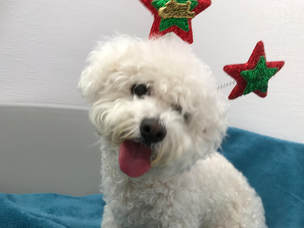
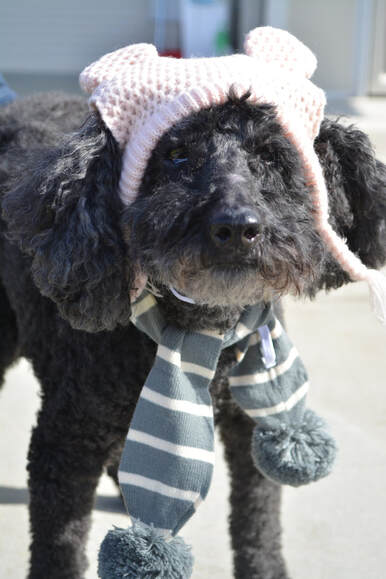
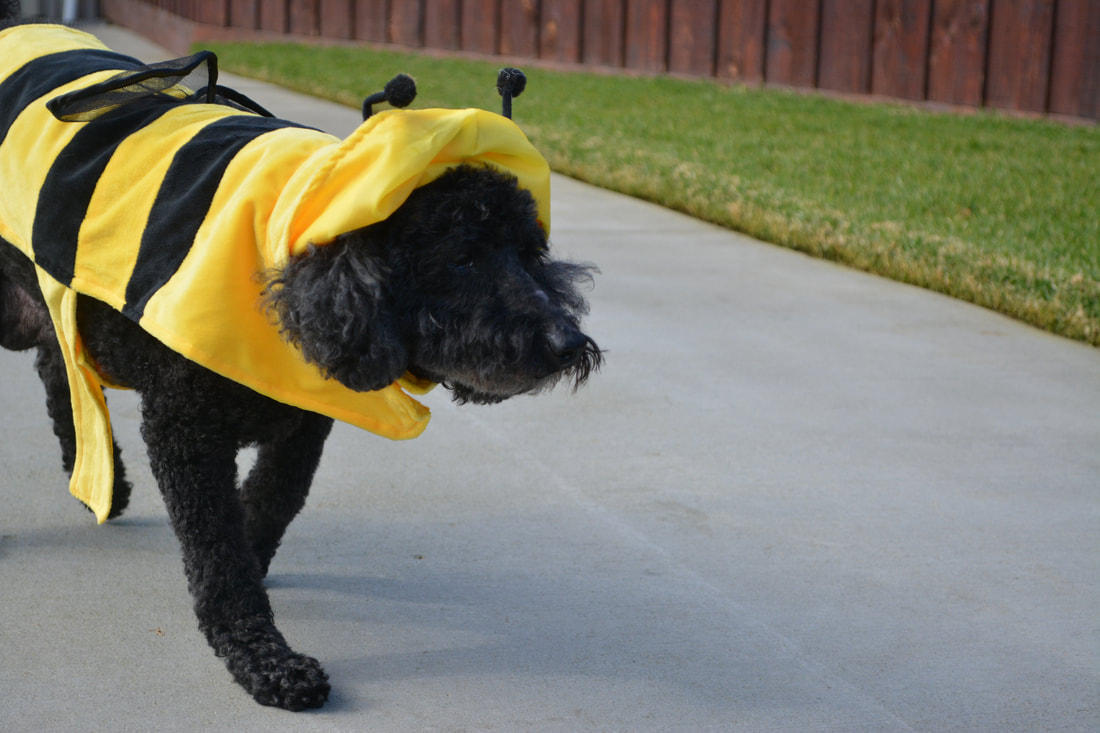
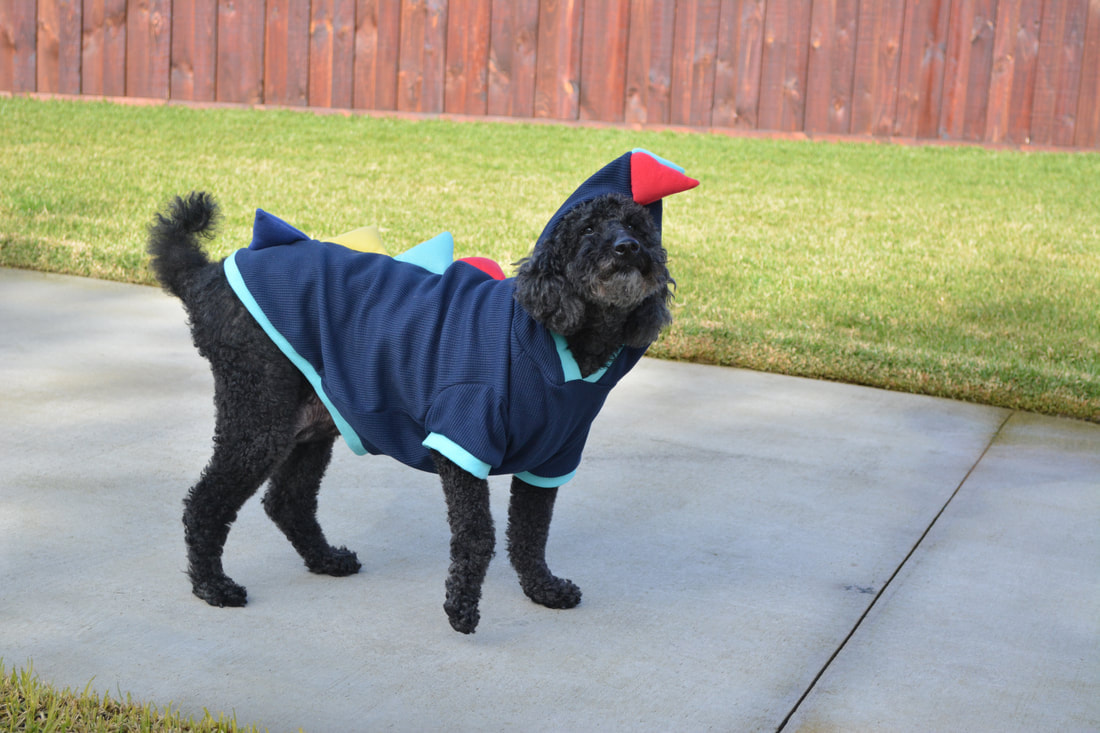
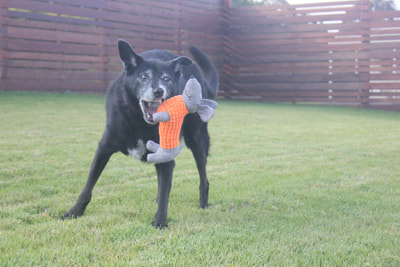
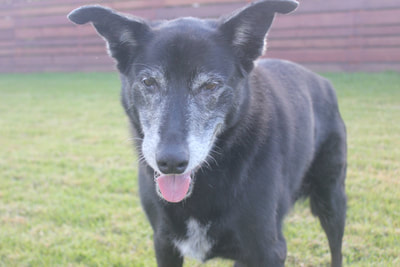
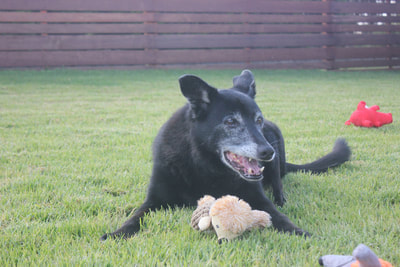
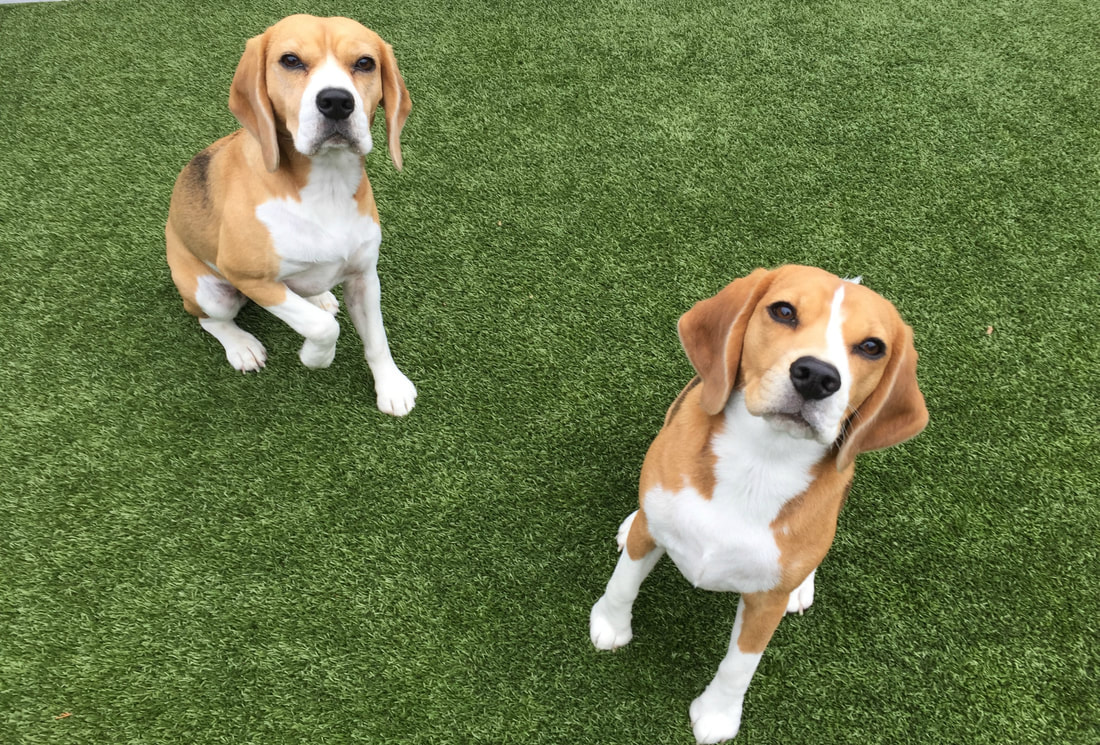
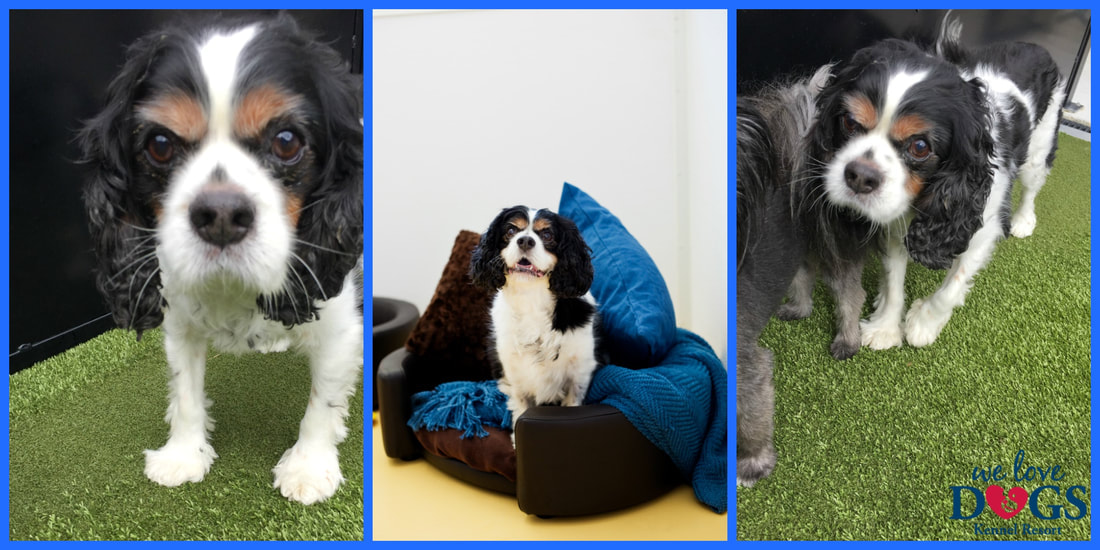
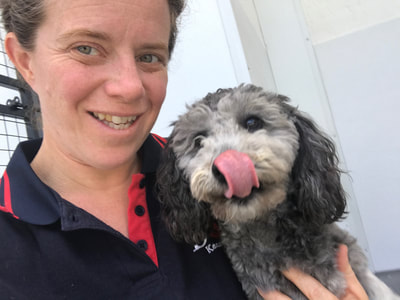
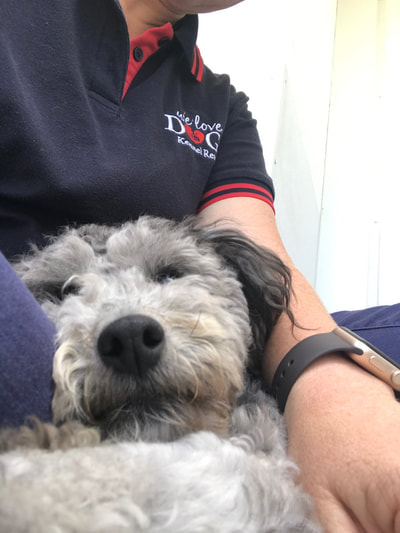
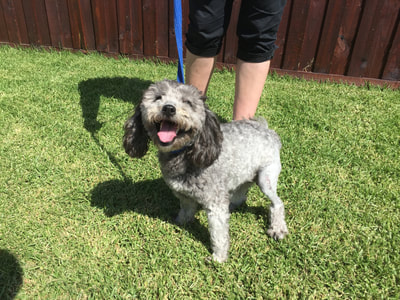
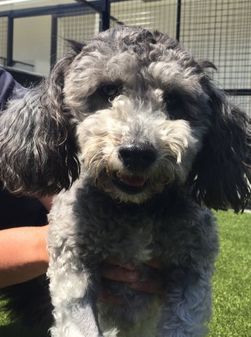
 RSS Feed
RSS Feed
